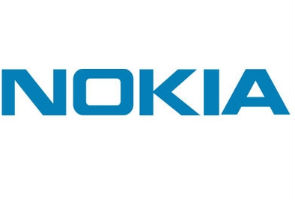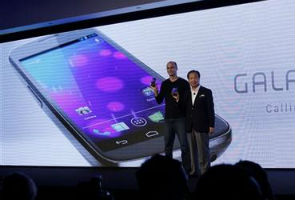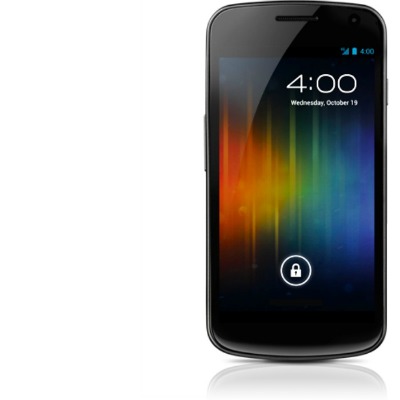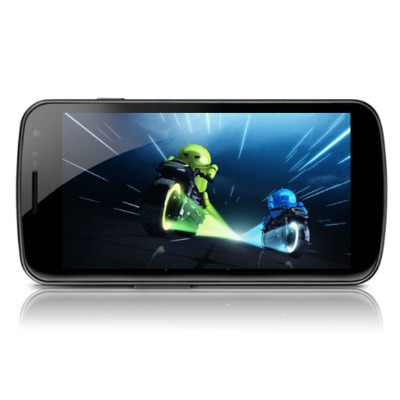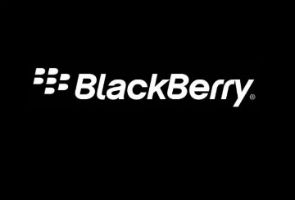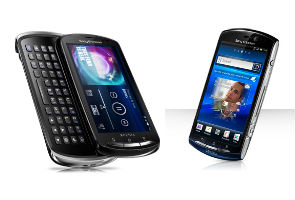Microsoft said Thursday that Nokia is going to launch phones using Windows' new mobile operating system next week, giving a major boost to the US firm's come-from-behind phone software business.
Windows Phone division chief Andy Lees said the Nokia devices were a huge development for Microsoft as it struggles to capture a piece of the market for mobile operating systems already dominated by Apple, Google and BlackBerry.
"We are very excited about them (Nokia) being in the market," he told the All Things Digital AsiaD technology conference in Hong Kong.
"They have a lot of resources throughout the world and they will be a major accelerant to us."
Lees said the Finland-based maker of mobile phones saw Microsoft's "road map" for its new operating system and "decided to bet their whole company on Windows Phone based on that".
He said Google, maker of the popular Android operating system for mobile phones, was "very nervous" at Microsoft's entry into the market, even though Windows Phone has a long way to go before it rivals more established products.
"We've been working hard on building an architecture that allows us to leapfrog our competitors by using the best components available," Lees said in reference to its hardware partners such as Nokia and Samsung.
Microsoft and Samsung last month announced they would cooperate in the development and marketing of Windows Phone.
Windows Phone division chief Andy Lees said the Nokia devices were a huge development for Microsoft as it struggles to capture a piece of the market for mobile operating systems already dominated by Apple, Google and BlackBerry.
"We are very excited about them (Nokia) being in the market," he told the All Things Digital AsiaD technology conference in Hong Kong.
"They have a lot of resources throughout the world and they will be a major accelerant to us."
Lees said the Finland-based maker of mobile phones saw Microsoft's "road map" for its new operating system and "decided to bet their whole company on Windows Phone based on that".
He said Google, maker of the popular Android operating system for mobile phones, was "very nervous" at Microsoft's entry into the market, even though Windows Phone has a long way to go before it rivals more established products.
"We've been working hard on building an architecture that allows us to leapfrog our competitors by using the best components available," Lees said in reference to its hardware partners such as Nokia and Samsung.
Microsoft and Samsung last month announced they would cooperate in the development and marketing of Windows Phone.
